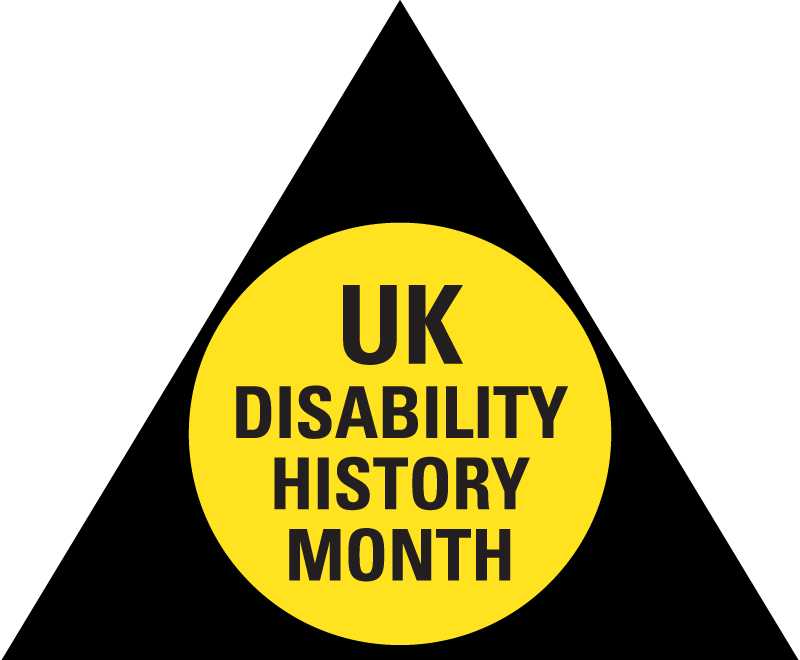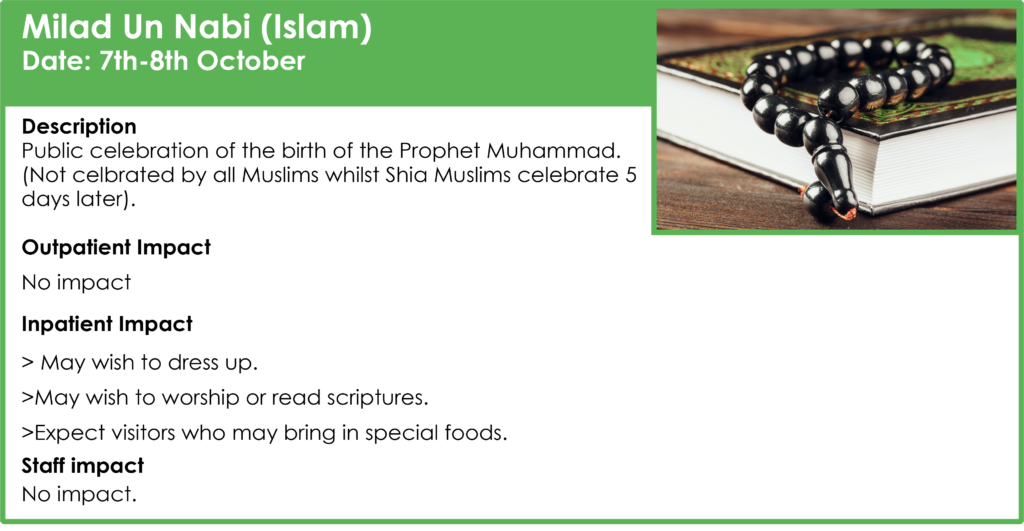Keeping Children Safe In Education (KCSIE)
KCSIE is one of the key statutory guidance documents we are legally bound to follow when safeguarding children and young people in education. The attachment sets out the key points of KCSIE and your safeguarding responsibilities.
Whilst the guidance may legally apply to ‘children’ aged under 18 much of the guidance should be equally applied to all of our learners, whatever their age.
Restart a Heart Day
is an annual training event which takes place on the 16th of October 2023, to raise awareness about cardiac arrest and for people to learn about cardiopulmonary (CPR) and defibrillator use, giving them the confidence to use lifesaving skills.
Education and training will be offered to the general public in CPR and what to do in the event of a heart attack.
Why it is important
Approximately 30,000 out-of-hospital cardiac arrests happen every year in the UK. Sadly, less than one in 10 people survive these cardiac arrests. Performing CPR can more than double the chances of survival in some cases.
More people can survive by making sure that more people know that when someone collapses and stops breathing, it is important to call 999, perform CPR and use a defibrillator if there is one available nearby. At around 80% of out-of-hospital cardiac arrests happen in the home this is the best chance of surviving.
How can you get involved?
1. Learn CPR with RevivR
You never know when you will need to give someone CPR – it may save the life of a friend or family member. With just a smartphone, a cushion, and 15 minutes of your time, you will know what to do if someone has a cardiac arrest.
Learning how to save a life is now easier than ever. The free 15-minute CPR training teaches you exactly what to do when someone has a cardiac arrest.
RevivR is completely free and at the end, you will get the option of receiving a certificate.
2. Plan your CPR training
Workplace or community groups
If you want to train your workplace or community group, you can buy a kit online. It contains everything you need to run a CPR training session, including reusable manikins, and a training DVD so no instructor is needed. Alternatively, you can watch the training video online.
3. Run your training digitally or face to face on or around Restart a Heart Day, 16 October
Whether you are a school, workplace, or member of your community, get everyone together and learn how to save a life.
4. Use #RestartAHeart to follow what’s happening on the day
You do not have to wait for Restart a Heart Day to start CPR training. Watch the videos now, use RevivR or get your CPR training kit.
Resources
There are videos and resources available to make training as easy as possible using the links below
- Watch our How to do CPR video playlist on YouTube
- Get CPR training resources for your workplace or community
- Get CPR training resources for your school or College
Restart a Heart Day | Annual CPR awareness day in October – BHF
Exploitation
Exploitation is a form of abuse where someone, adult or child, is forced or coerced into doing things for the benefit of others.
- exploitation is often a gradual process
- people are groomed and introduced to new ideas, behaviours and activities, making these appear normal and acceptable
- these behaviours and activities may seem exciting or give someone something they are looking for – including money, gifts or a sense of belonging
- people may not recognise that they are being exploited until their situation becomes very serious
- exploitation can take many forms, can take place in a range of situations, and can involve many groups of people.
Common forms of exploitation include:
Criminal exploitation – being forced to take part in criminal activities such as transporting or selling illegal items (e.g. drugs); participating in violent or acquisitive crime; or grooming and exploiting other people.
Debt bondage – present in many forms of exploitation. People may accumulate ‘debts’ during exploitation, such as payments for transport and accommodation, or ‘free’ drugs and money. People may be forced to carry out work, favours or criminal activities to pay off their debts and may be threatened with violence if they do not.
Drug trafficking – being forced to transport drugs to areas where they can be sold and distributed. This can involve county lines activities (where drug gangs transport drugs to towns and cities along ‘deal lines’). Drug trafficking can be a form of modern slavery and human trafficking if people are forced to travel to take part in the transportation and sale of drugs.
Financial exploitation – being deceived or coerced into handing over monetary funds or assets to others. This can happen through scams, fraud, blackmail, or through accruing debts.
Labour exploitation – being forced to work for little or no pay, often in poor conditions. People experiencing labour exploitation may have limited freedom and may be forced to live with other workers. Labour exploitation is a form of modern slavery.
Modern slavery – having control or ownership over another person and using this power to exploit them. Modern slavery can include human trafficking, enslavement, domestic servitude and forced labour.
Radicalisation – the process through which people come to support increasingly extreme political, religious or other ideals. This can lead them to support violent extremism and terrorism.
Sexual exploitation – a form of sexual abuse where people are encouraged, manipulated or forced to participate in sexual acts. They may be threatened with violence and may be groomed by offers of affection, money or gifts.
How to respond if you have a concern for yourself or someone else.
If you or someone else is in immediate danger, contact the police on 999.
If you’re worried but there is not immediate danger, you should share your concerns.
- Follow your organisational safeguarding procedures: speak with the Designated Safeguarding Officer, your manager, tutor or someone else you trust.
- Contact your local child protection services. Their contact details can be found on the website for the local authority the individual lives in.
- Contact the police.
- Contact the NSPCC Helpline on 0808 800 5000 or by emailing [email protected]. Trained professionals will talk through your concerns with you and give you expert advice.
Services will risk assess the situation and take action to protect as appropriate either through statutory involvement or other support. This may include making a referral to the local authority.
Northamptonshire Police have created a short film for parents to raise awareness of child exploitation. It includes examples of what child exploitation can involve, including criminal and sexual exploitation; common signs of possible exploitation; and information on how to report concerns.
Watch the video/film: Film launched to tackle child exploitation
Prevent and Radicalisation
The current UK national terrorist threat level remains at ‘substantial’, which is defined as ‘an attack is likely’. This level has been unchanged since February 2022 and is set by the Joint Terrorism Analysis Centre and the Security Service (MI5).
The threat to Northern Ireland from Northern Ireland-related terrorism is ‘severe’, which is defined as ‘an attack is highly likely’.
For more information: https://link.edgepilot.com/s/eccf780d/Gh6Gt_c6JkWEdmo1TjplEQ?u=https://www.gov.uk/terrorism-national-emergency
Barnsley Man Sentenced For Possessing Terrorist Material
A 42 year old man from Barnsley, Ashley Podsiad Sharp, was sentenced in August after been found guilty at a trial in May.
He was sentenced to eight years imprisonment and an additional five years on licence (following his release from prison) at a hearing at Sheffield Crown Court.
He had previously been found guilty of one offence of possessing a document which may be of use to a terrorist, contrary to Section 58 of the Terrorism Act 2000.
The defendant was charged by Counter Terrorism Policing North East in October 2022. He was arrested in June that year following the discovery of concerning material he had posted in connection with an online athletics club.
Head of Counter Terrorism Policing Northeast commented: “Tackling extremist and instructional material is an essential part of protecting the public and preventing it from potentially influencing or informing the actions of others. We will prosecute anyone found to be in possession of such material and will continue work with our partners to remove content of concern from online platforms.”
For more information, please visit:
Local Risks . Top reported crimes for our regions
To help you identify local risks we include in each bulletin the top reported crimes for some of our regions.
By using the link you can drill down further into postcode areas.
The following were the most commonly reported crimes during the month of June 2023:
| Middlesborough | Birmingham | Carlisle |
| Violences and sexual offences 447 Public order 128 Shoplifting 105 Anti-social behaviour 291 | Violence & sexual offices 448 Shop Lifting 180 Vehicle Crime 96 Other theft 144 | Violence & sexual offices 80 Anti-social behaviour 28 Public order 18 Shoplifting 34 |
Statistics taken from https://link.edgepilot.com/s/5a2e5bdd/EObKQwLdnUa_Xz5EFdJQEw?u=https://www.police.uk/
Online safety
The UK Safer Internet Centre’s Professionals Online Safety Helpline has introduced new guidance to aid educators and professionals working with adults and young people. The guidance aims to answer frequently asked queries on topics including reporting content of concern on social media, impersonation on social media platforms, and responding to incidents of young people sharing nude images online.
Read/Download the resources: New resources available from the Professionals Online Safety Helpline










Recent Comments